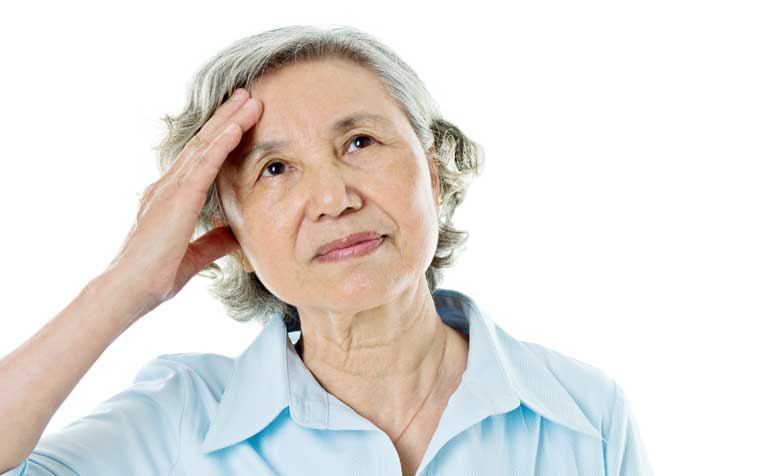
Deep brain stimulation (DBS) has helped improved symptoms in more than 100,000 patients with Parkinson's and other movement disorders.
A pacemaker for the brain
In cases of Parkinson's disease and movement disorders, a lack of dopamine, which is a crucial neurotransmitter (chemical messenger) for the proper transmission of nerve-cell signals, as well as other neurotransmitters, cause the transmission of nerve signals to go haywire.
Associate Professor Prakash Kumar, Senior Consultant Neurologist at the Department of Neurology, National Neuroscience Institute (NNI) (Singapore General Hospital campus), a member of the SingHealth group says, “When the Deep Brain Stimulation (DBS) electrodes are switched on, they pump steady pulses of electricity to the brain, thereby changing the abnormal firing of neurons.”
While DBS may not fully cure Parkinson disease, it can successfully decrease the severity of its symptoms like tremors, stiffness, slowness and involuntary movements (known as dyskinesia).
“This means Parkinson patients regain control of their movements, although balance problems and non-motor symptoms like depression may still persist,” says Dr Kumar. “And as it is a chronic neurological disease, there will still be a need for patients to manage the condition long-term.”
DBS for other medical conditions
When it comes to treating movement disorders, DBS is actually not an experimental procedure.
Since 1997, DBS has helped improve symptoms in more than 150,000 patients with Parkinson and other movement disorders worldwide, including Singapore.
Below are other medical conditions where DBS has been utilised:
Obsessive compulsive disorder
Treatment-resistant depression
Post-traumatic stress disorder
Treatment-resistant epilepsy
Tourette syndrome
Traumatic brain injury
Chronic pain
Dr Kumar observes, “DBS is definitely a potential treatment option for many conditions where brain regions are not functioning properly. But clinical trials are still ongoing – it may be years before DBS can be employed in these medical conditions.”
Ref: J22
Check out other articles on parkinson's disease:
How You Sleep May Determine If You are at Risk of Parkinson's
Parkinson's Disease: 5 Common Misconceptions
How to Manage 'On' and 'Off' States in Parkinson's
Contributed by

















